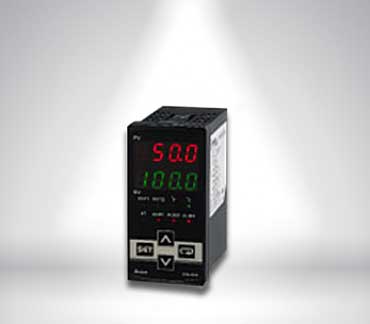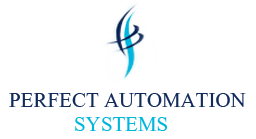PID
PID

A proportional-integral-derivative controller (PID controller) is a control loop feedback mechanism (controller) widely used in industrial control systems (Programmable Logic Controllers, SCADA systems, Remote Terminal Units etc). A PIDcontroller calculates an "error" value as the difference between a measured process variable and a desired setpoint. The controller attempts to minimize the error in outputs by adjusting the process control inputs.
The PID controller algorithm involves three separate constant parameters, and is accordingly sometimes called three-term control: the proportional, the integral and derivative values, denoted P, I, and D. Simply put, these values can be interpreted in terms of time: P depends on the present error, I on the accumulation of past errors, and D is a prediction of future errors, based on current rate of change.[1] The weighted sum of these three actions is used to adjust the process via a control element such as the position of a control valve, a damper, or the power supplied to a heating element.
